Overdue for a Skin Check? Learn What's Involved & Why It Matters

Have you been putting off your skin check? Here’s why taking action now could save your life.
The Importance of Skin Checks
Skin cancer is a major health concern, especially in sun-drenched countries like Australia. With 2 in 3 Australians expected to be diagnosed with skin cancer by the age of 70 and over 1,300 dying annually, regular skin checks are essential. Melanoma is particularly common among young Australians aged 15-29, making up 15% of all cancers in this age group. With fair skin, history of sunburns, and family history of skin cancer increasing your risk.
My Personal Experience with a Skin Check
Growing up in Australia, I enjoyed outdoor activities like tennis, beach outings, and water skiing. Despite my ability to tan, my fair and freckled skin placed me in a high-risk category for skin cancer. Witnessing friends in their 40s undergo melanoma removal from their face, head and one from the bottom of their foot pushed me to finally schedule a skin check. While this was my first ever skin check, in your 40s your suppose to receive a skin check once a year, so I was well overdue.
What to Expect During a Skin Check
Scheduling the check was easy—a quick call to my local clinic in Port Melbourne had me booked the next day. During the 20 minute appointment, the doctor asked about my history with moles and sun exposure, then conducted a thorough examination using a specialised light (on the examination bed I stripped down to my underwear with a sheet over myself). Unusual areas checked included my scalp, mouth, ears, and between my toes.
The Procedure in Detail
- Initial Consultation: Discussion about medical history and any skin concerns.
- Physical Examination: Comprehensive skin examination using dermoscopy.
- Documentation: Photographing moles and using apps like Mole Map for monitoring.
Tips for Regular Skin Monitoring
-
SCAN your skin regularly:
- Sore: Spots that are sore, scaly, itchy, bleeding, or tender and don’t heal within 6 weeks.
- Changing: Moles that change in size, shape, color, or texture.
- Abnormal: Spots that look or feel different from your other moles.
- New: Any new moles or spots, especially after the age of 40.
How to Perform Self-Exams
- Monthly Checks: Conduct a thorough self-exam in front of a mirror.
- Use of Technology: Utilise smartphone apps to track changes in moles.
- Partner Assistance: Have a friend or family member check hard-to-see areas.
Reflecting on My Experience
The entire process was efficient and affordable, costing $192.50 with $80 reimbursable through Medicare and lasting less than 20 minutes. The doctor emphasised the importance of regular checks and self-monitoring. With tools like the Mole Map app, keeping track of changes is easier than ever.
The Role of Sunscreen and Protective Measures
Beyond skin checks, daily habits play a crucial role in preventing skin cancer. Using sunscreen (that is TGA approved), wearing protective clothing, and avoiding peak sun hours are essential practices.
Sunscreen Tips
- SPF 30 or Higher: Choose a broad-spectrum sunscreen.
- Reapplication: Apply every two hours and after swimming or sweating.
- Year-Round Use: Apply even on cloudy days and during winter.
- Natural Sunscreens: Choice a natural sunscreen verses a chemical sunscreen that's better for you and the planet.

Protective Clothing
- Hats and Sunglasses: Protect your face and eyes.
- Long Sleeves and Pants: Cover as much skin as possible.
- UV-Protective Fabrics: Look for clothing with an ultraviolet protection factor (UPF).
Take Action Today
Regular skin checks are a simple yet powerful tool in the fight against skin cancer. Protect your health by staying vigilant and proactive. Schedule your skin check today—your future self will thank you.
Steps to Schedule a Skin Check:
- Call your local clinic, they may refer to you another clinic that has a skin specialist doctor.
- Book an appointment with a skin specialist
- Prepare any questions or concerns you may have
For more information on skin cancer prevention, visit the Cancer Council website.





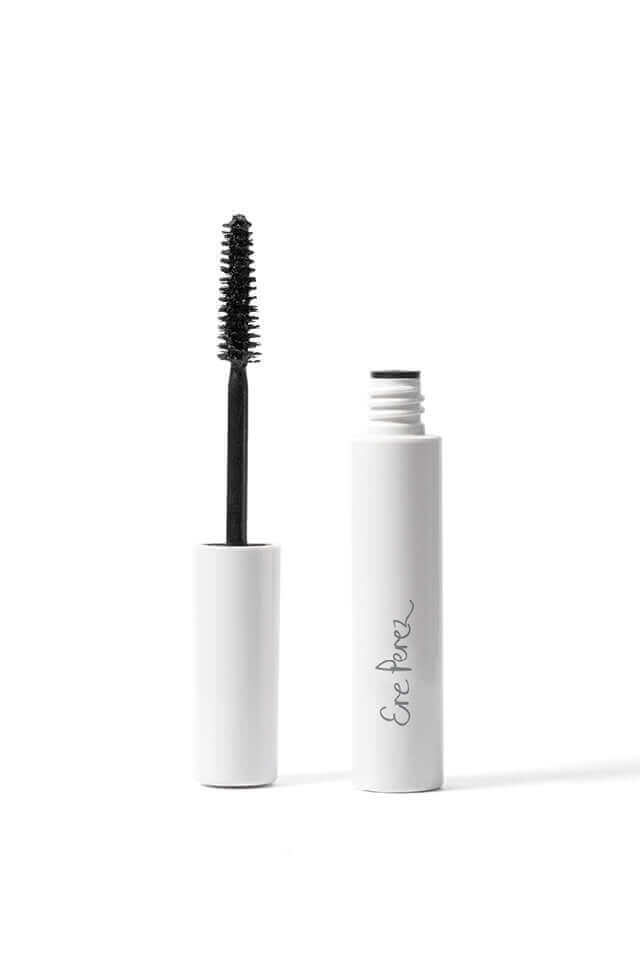
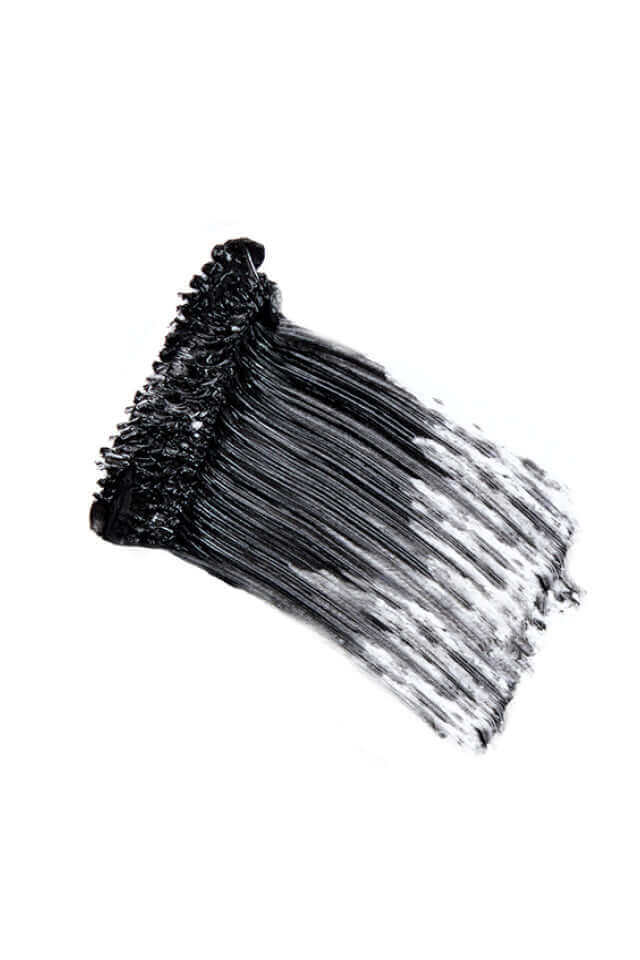

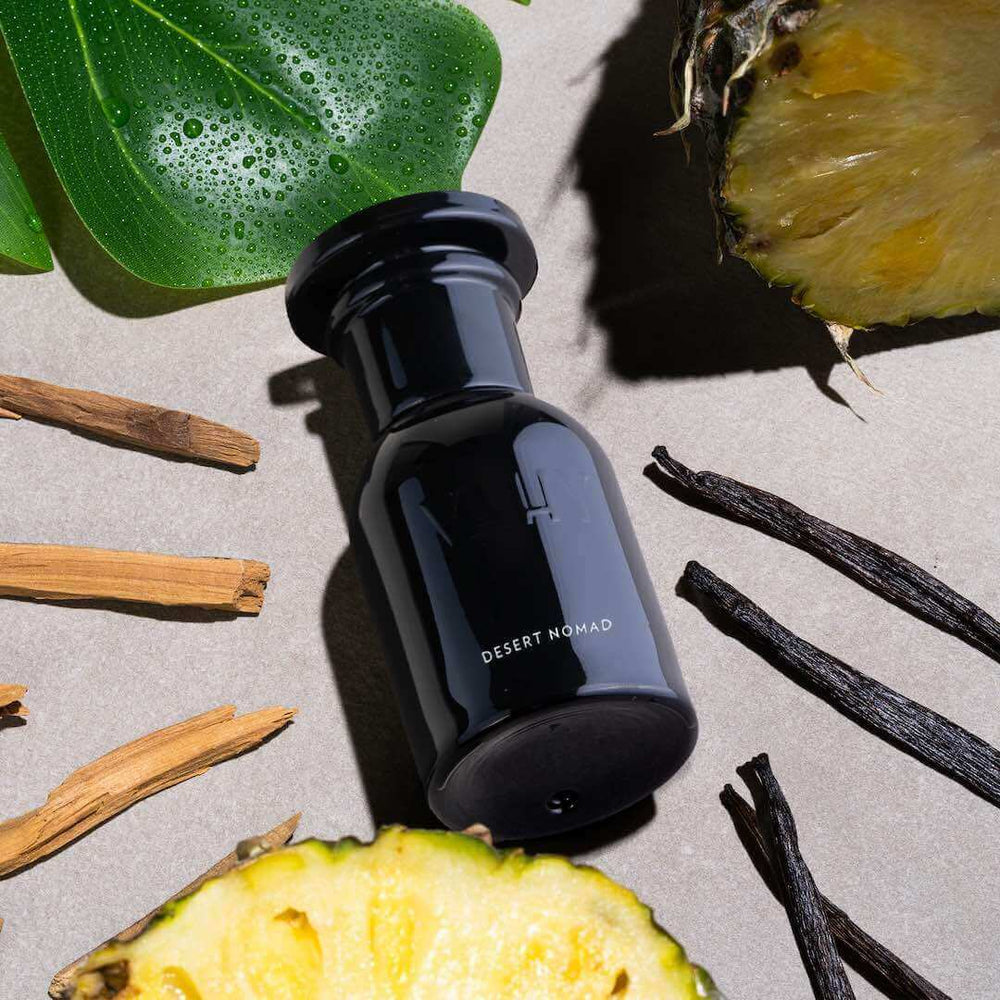




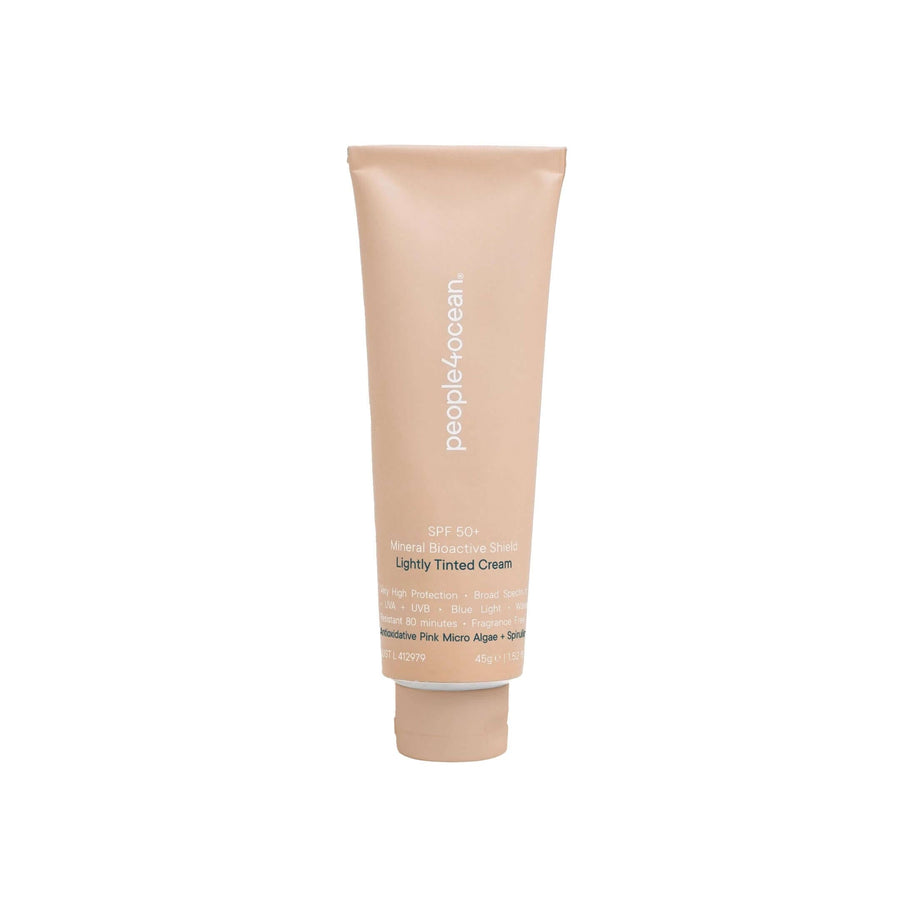
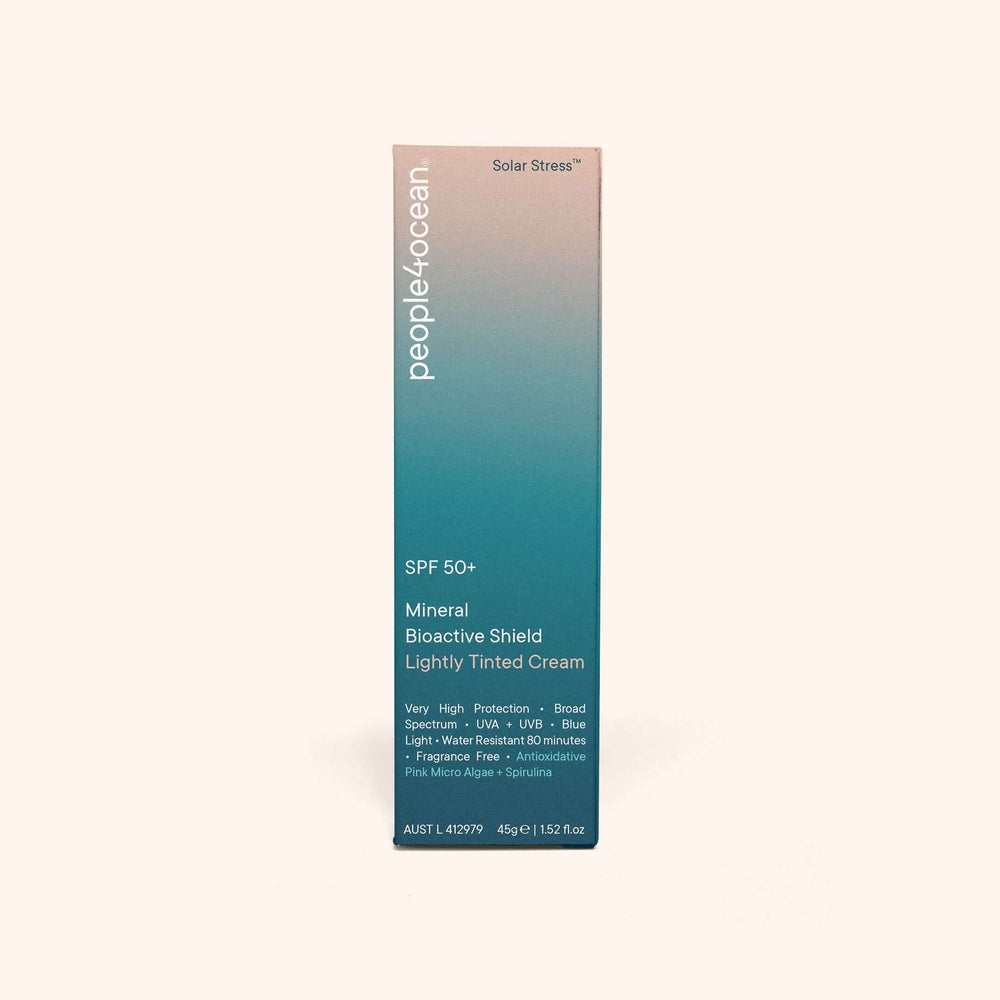
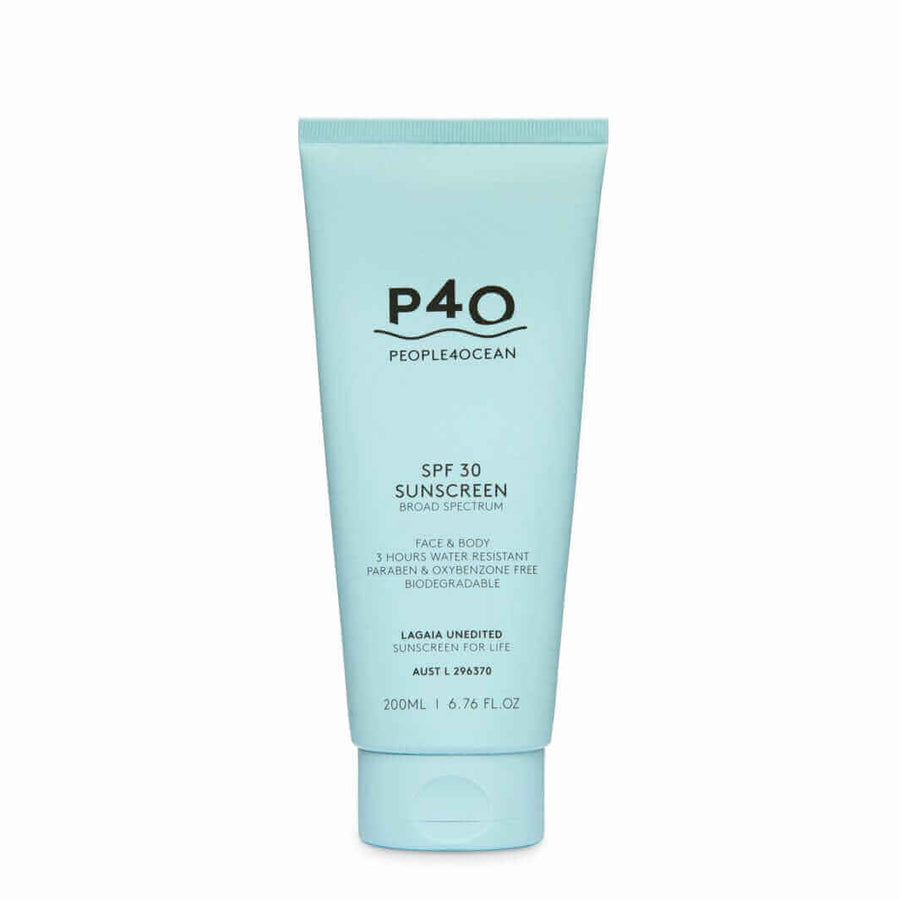
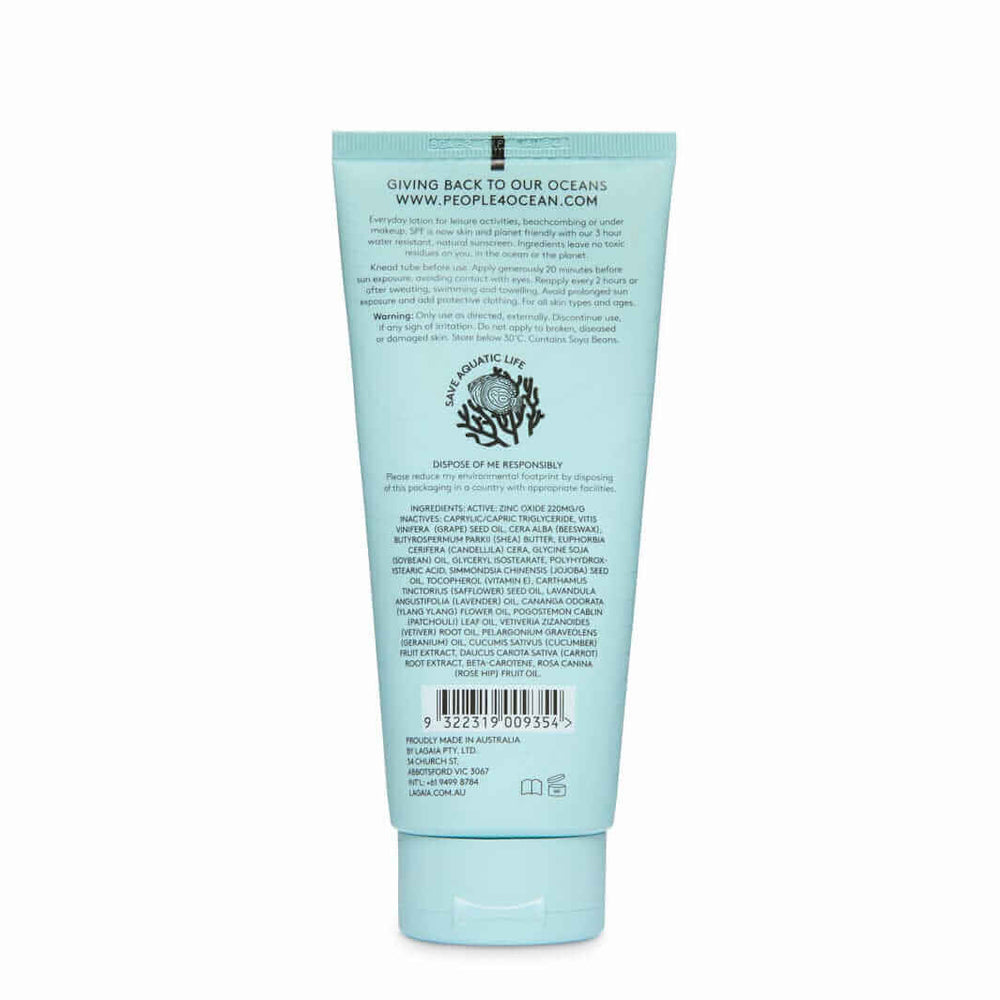

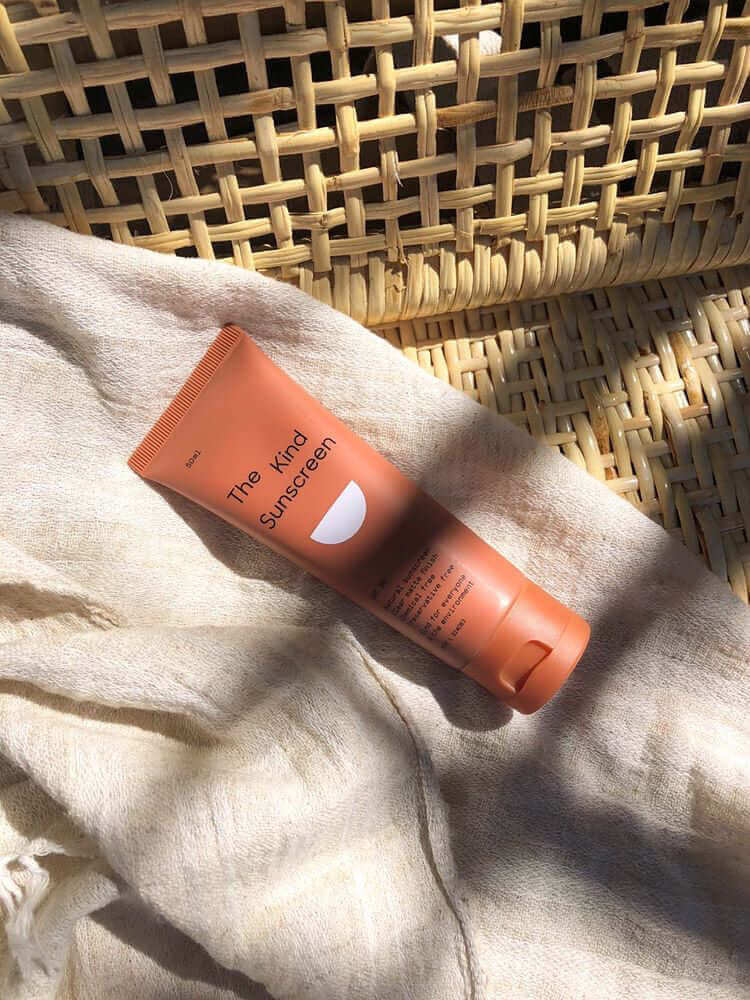
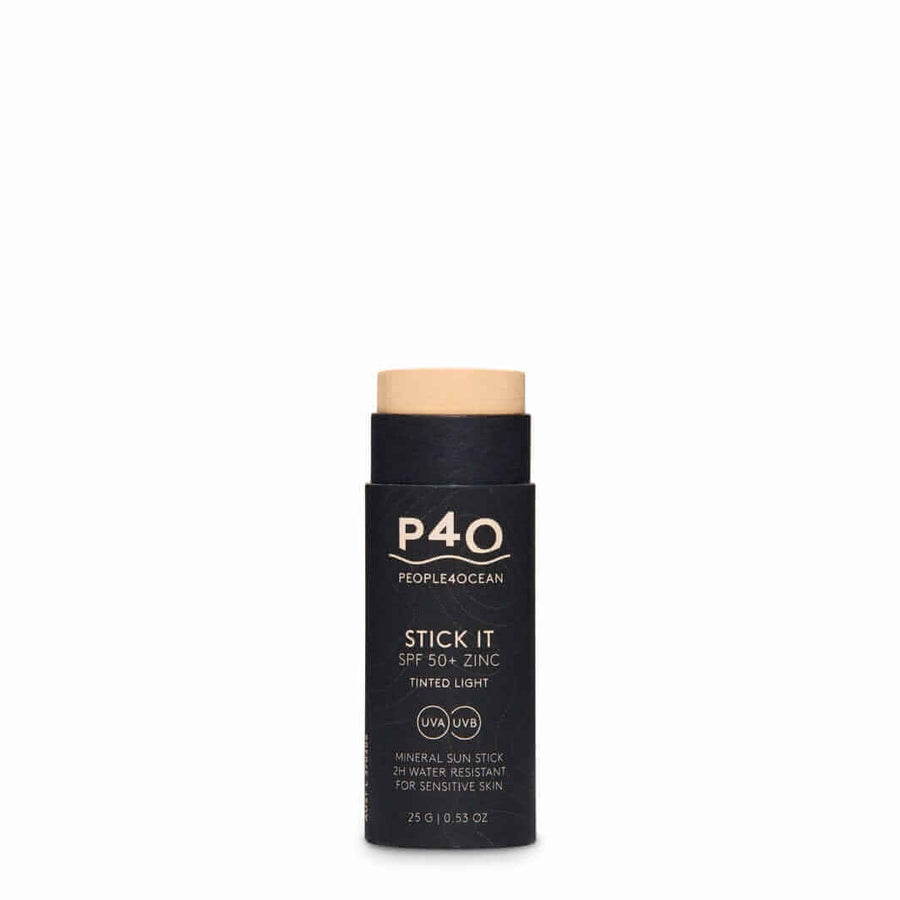
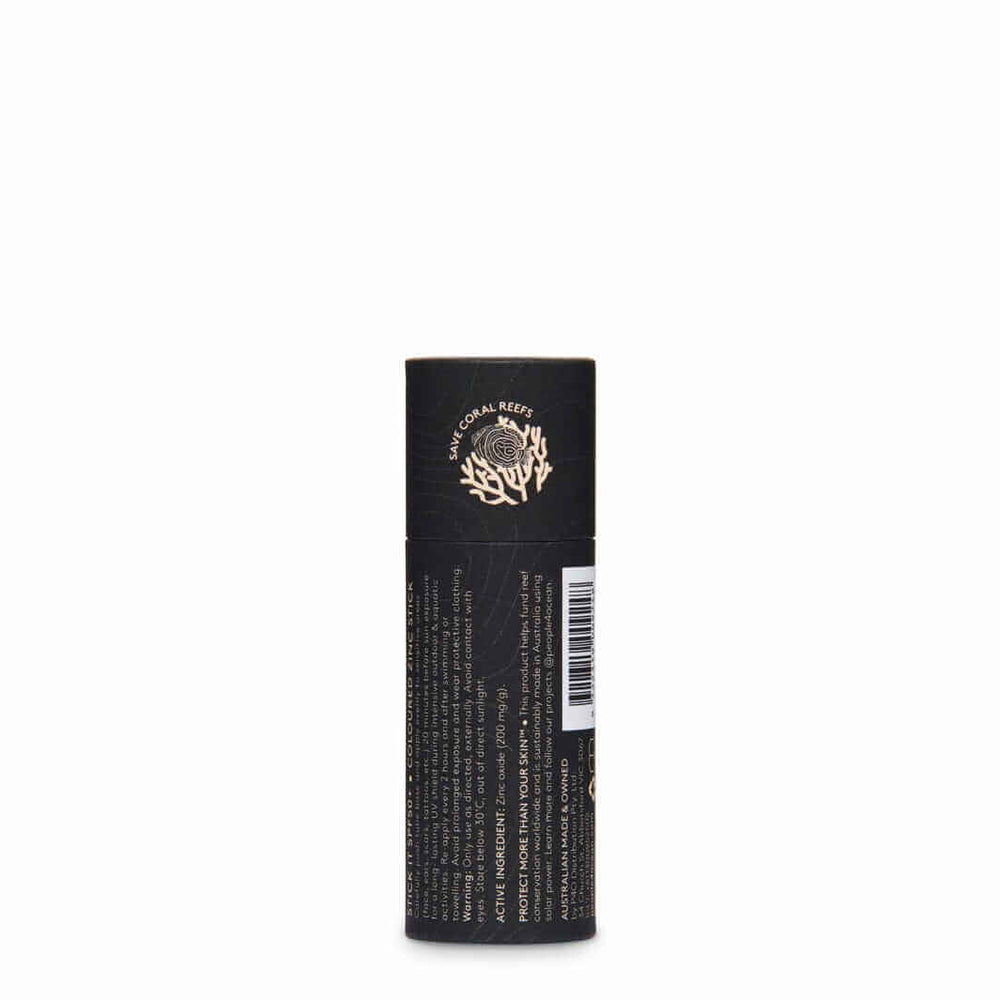
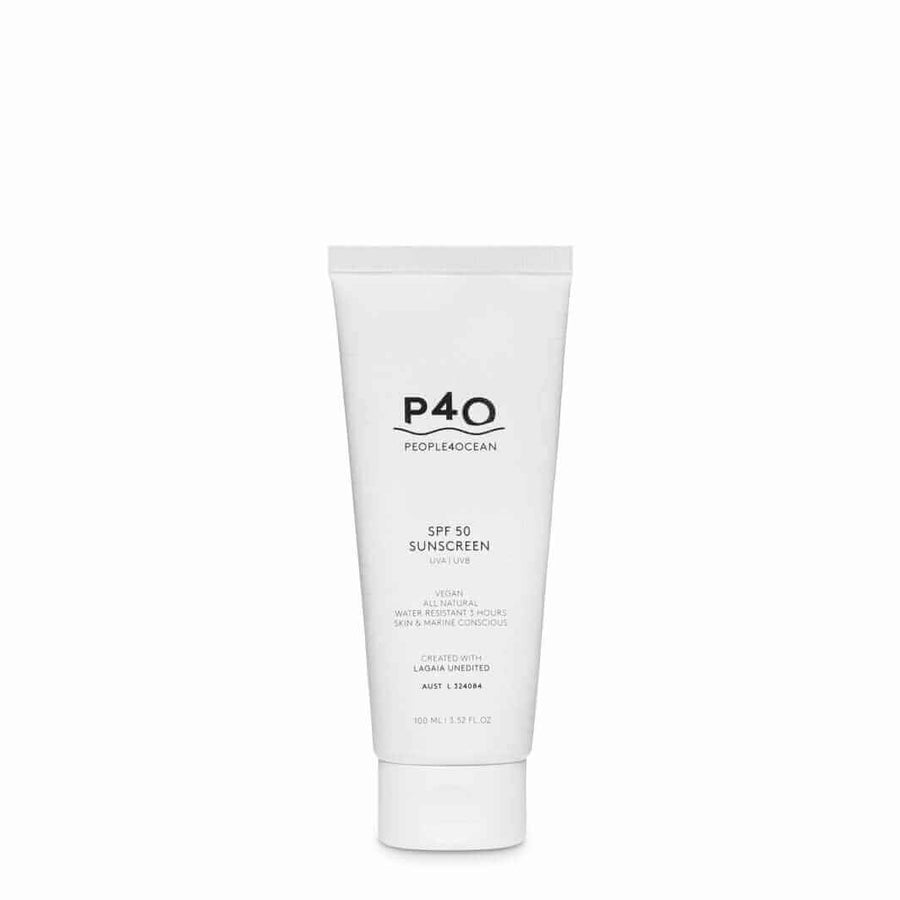




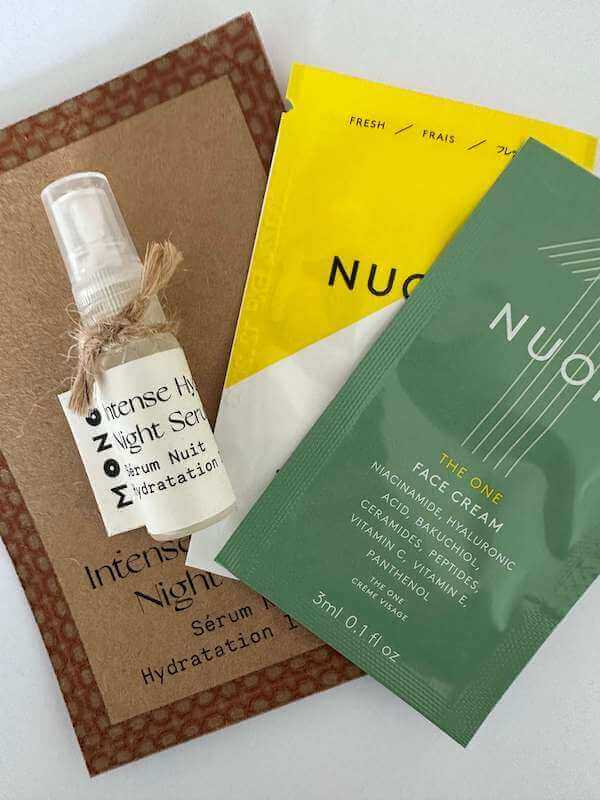
Leave a comment